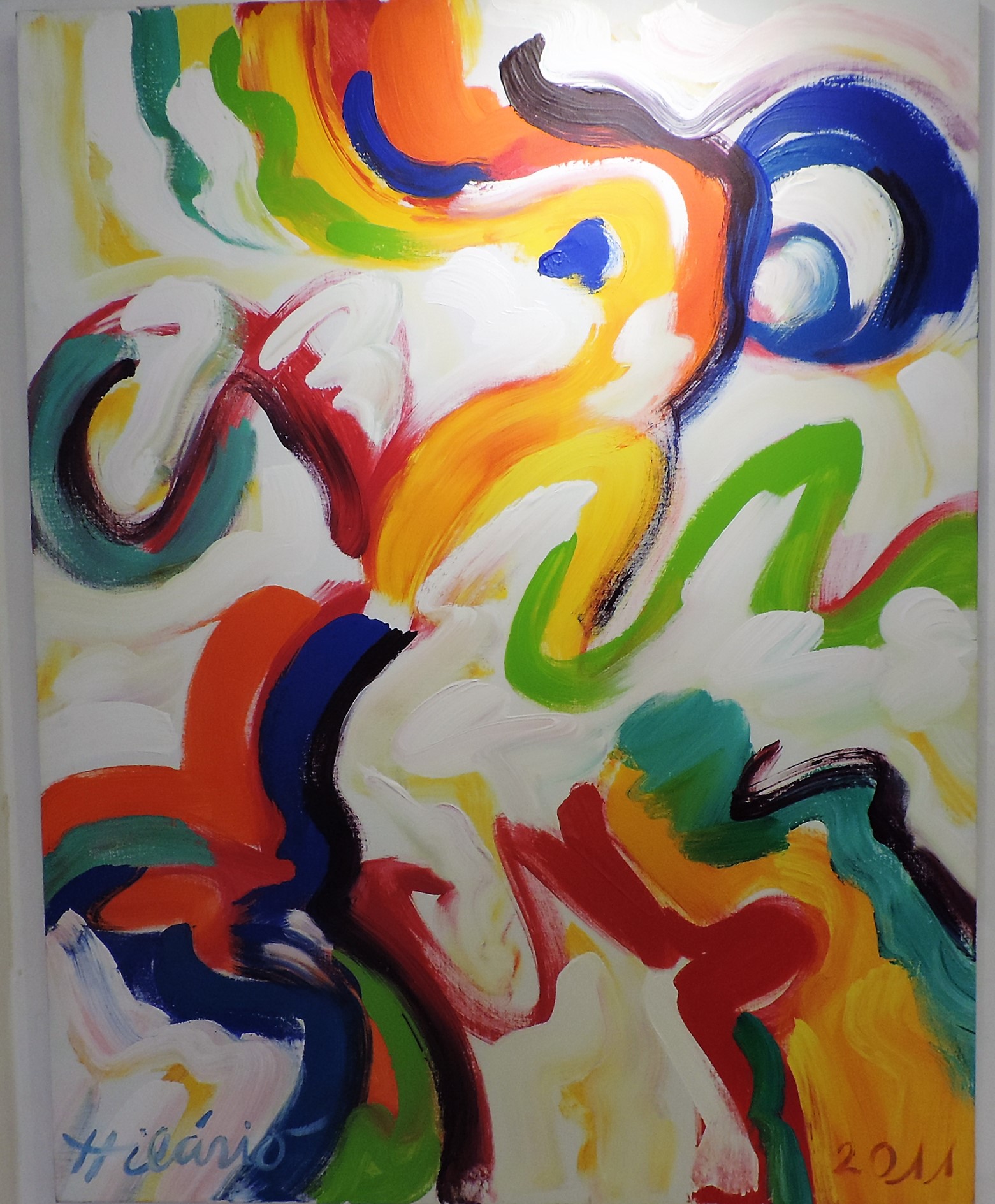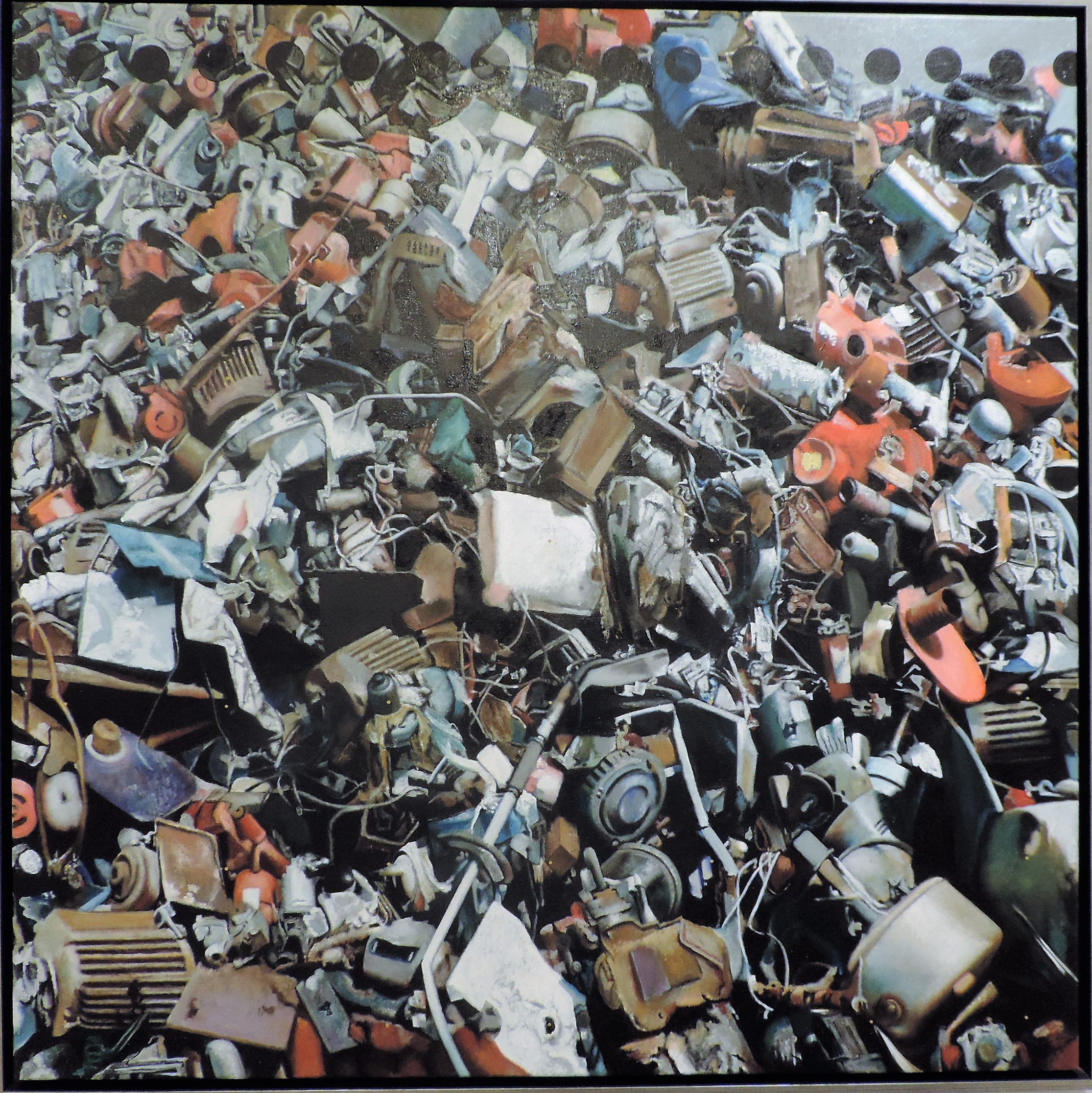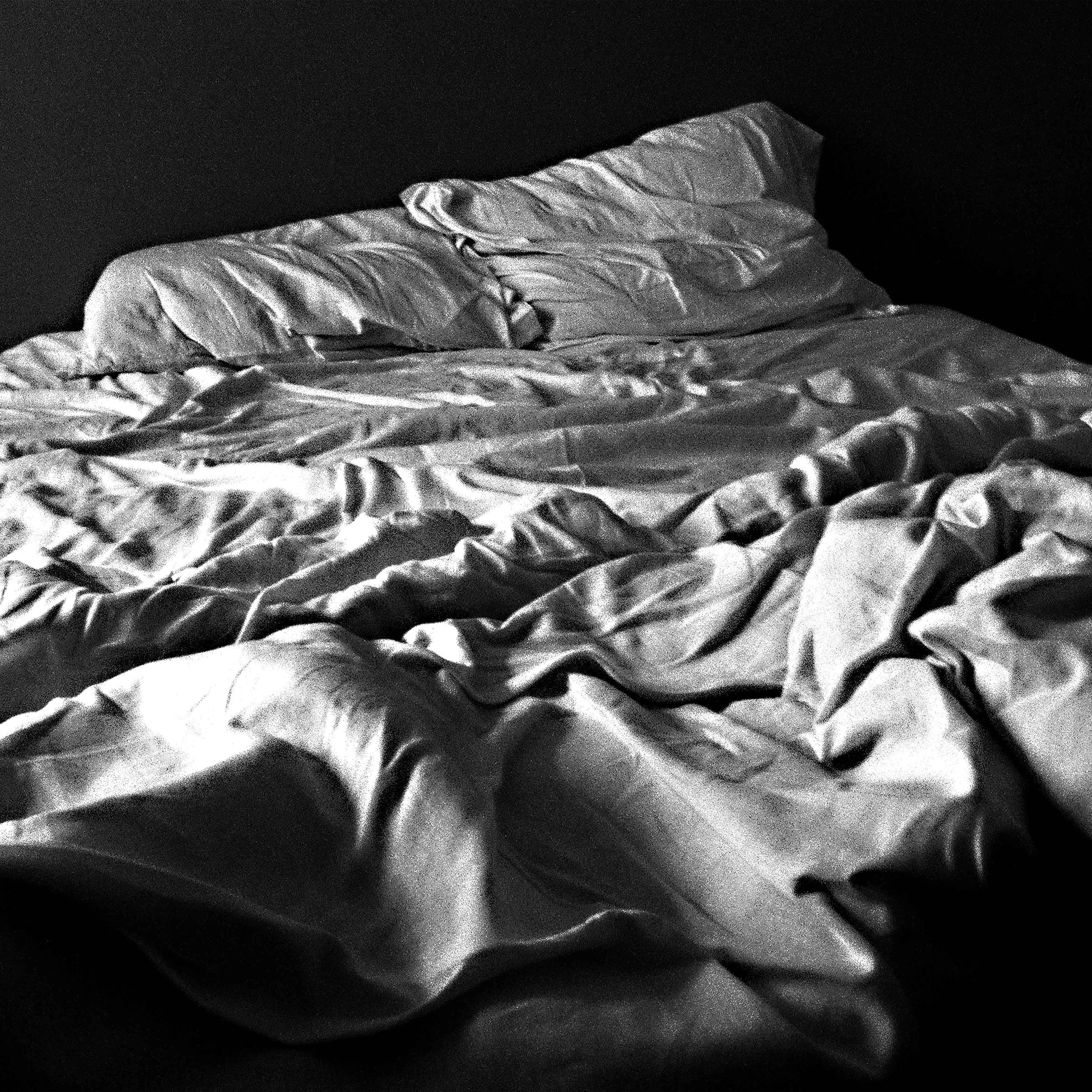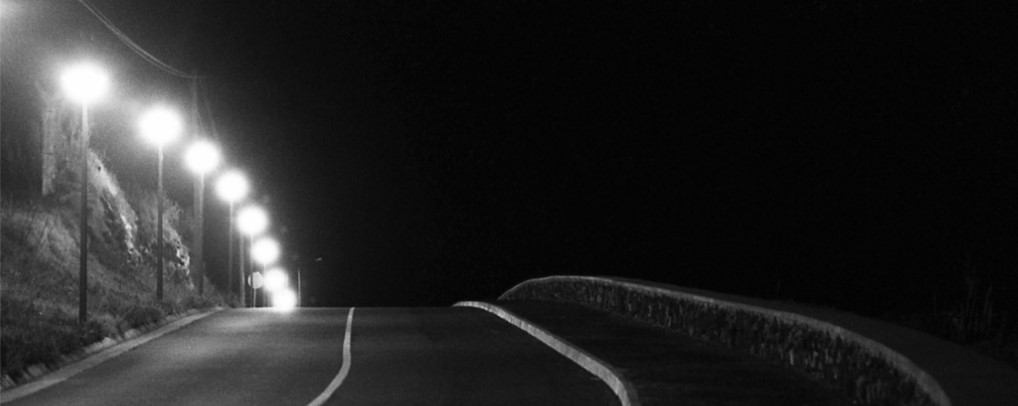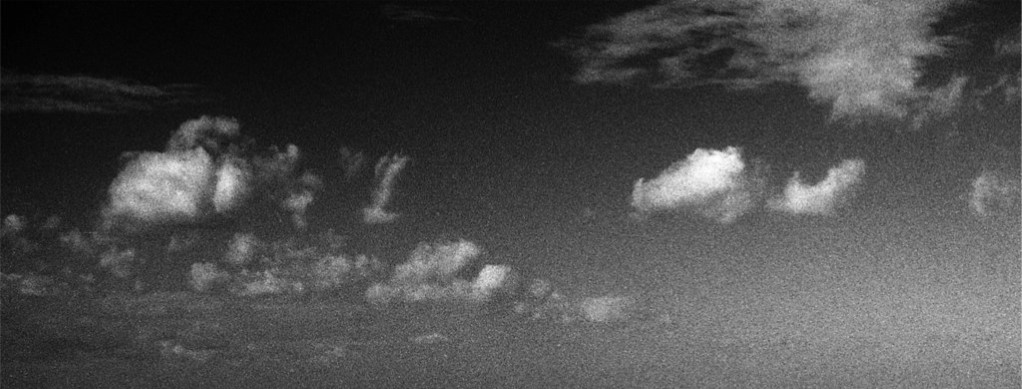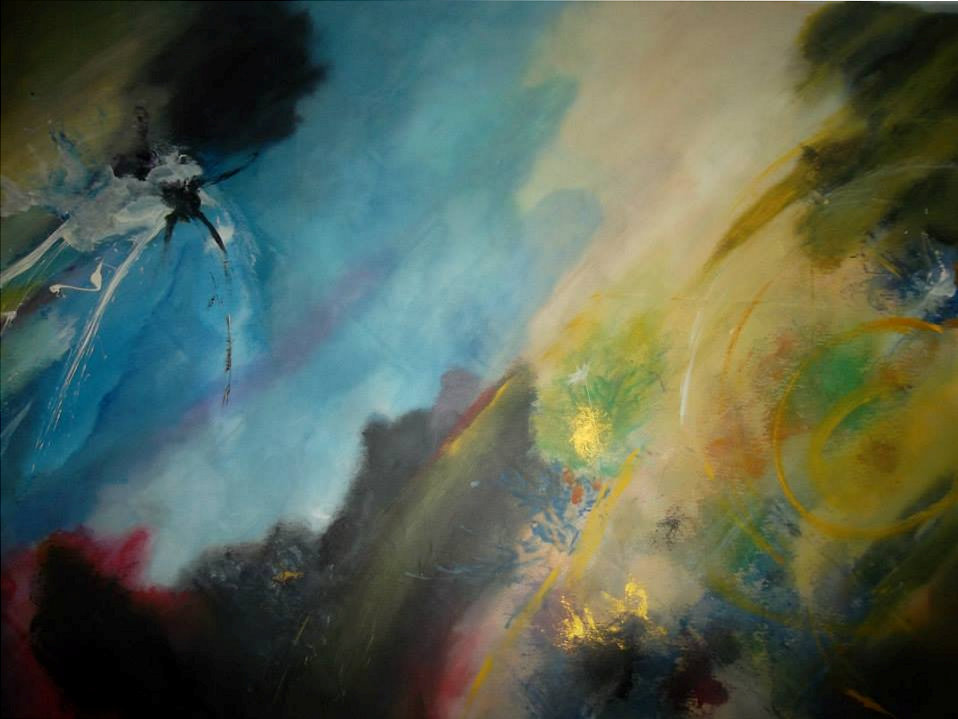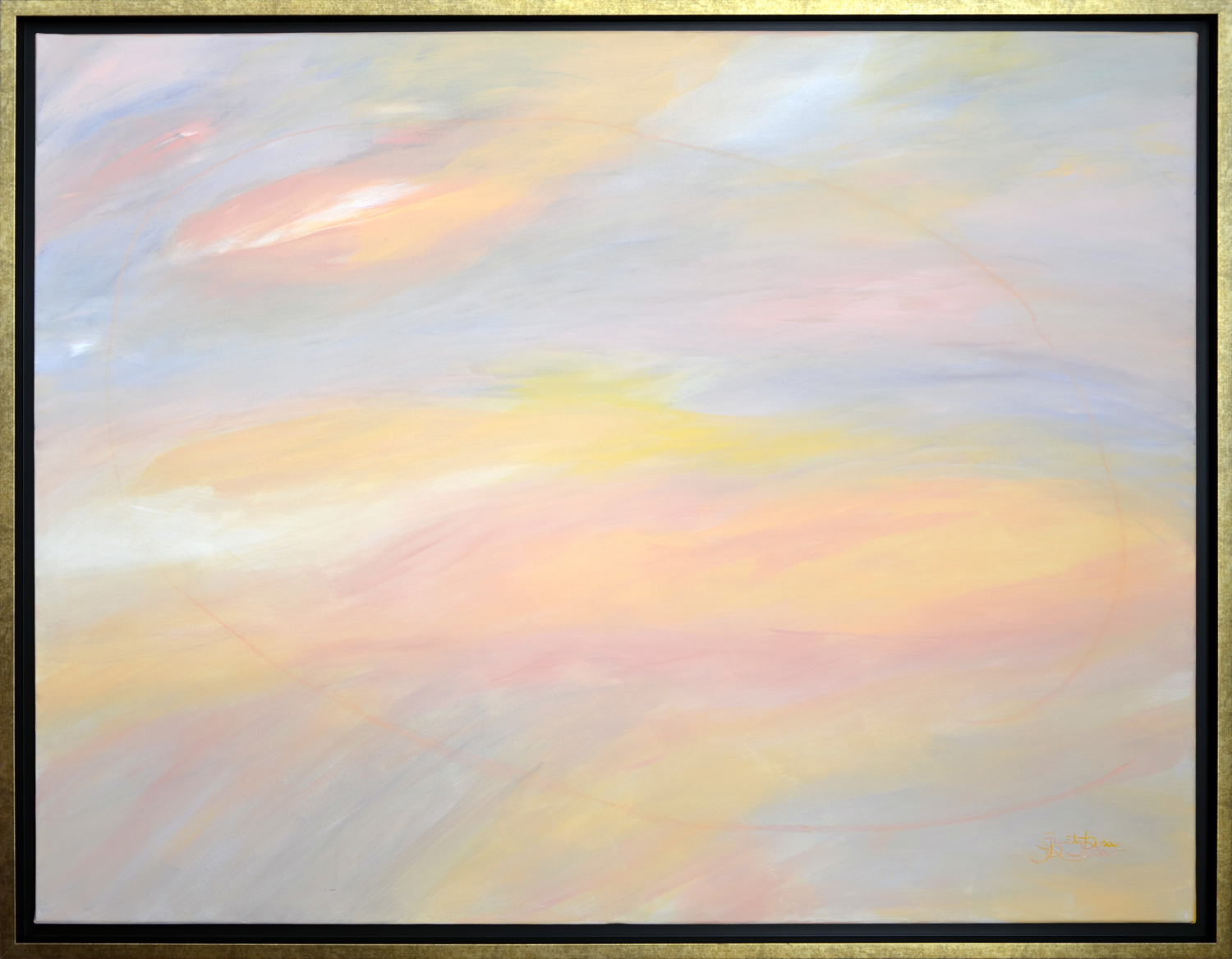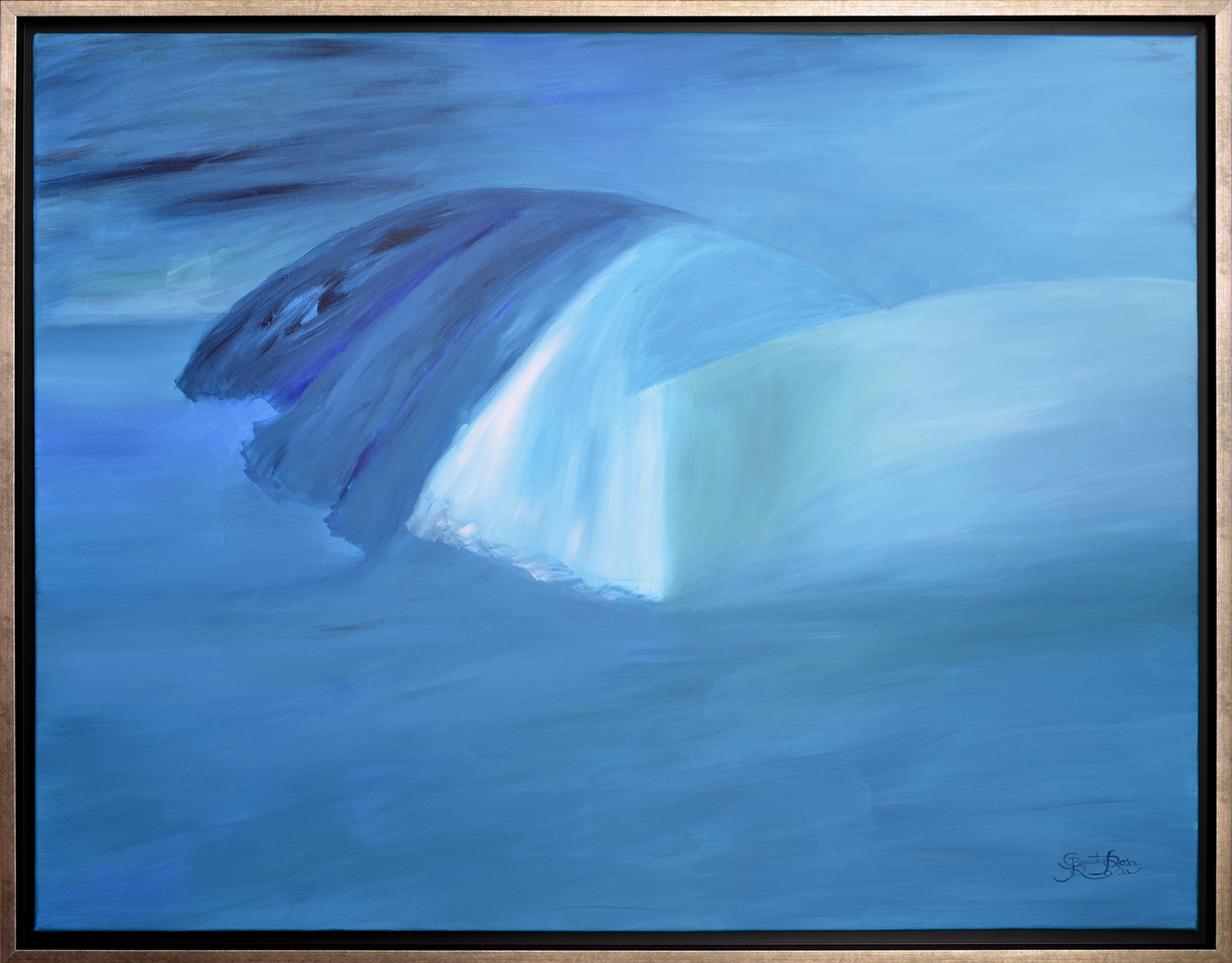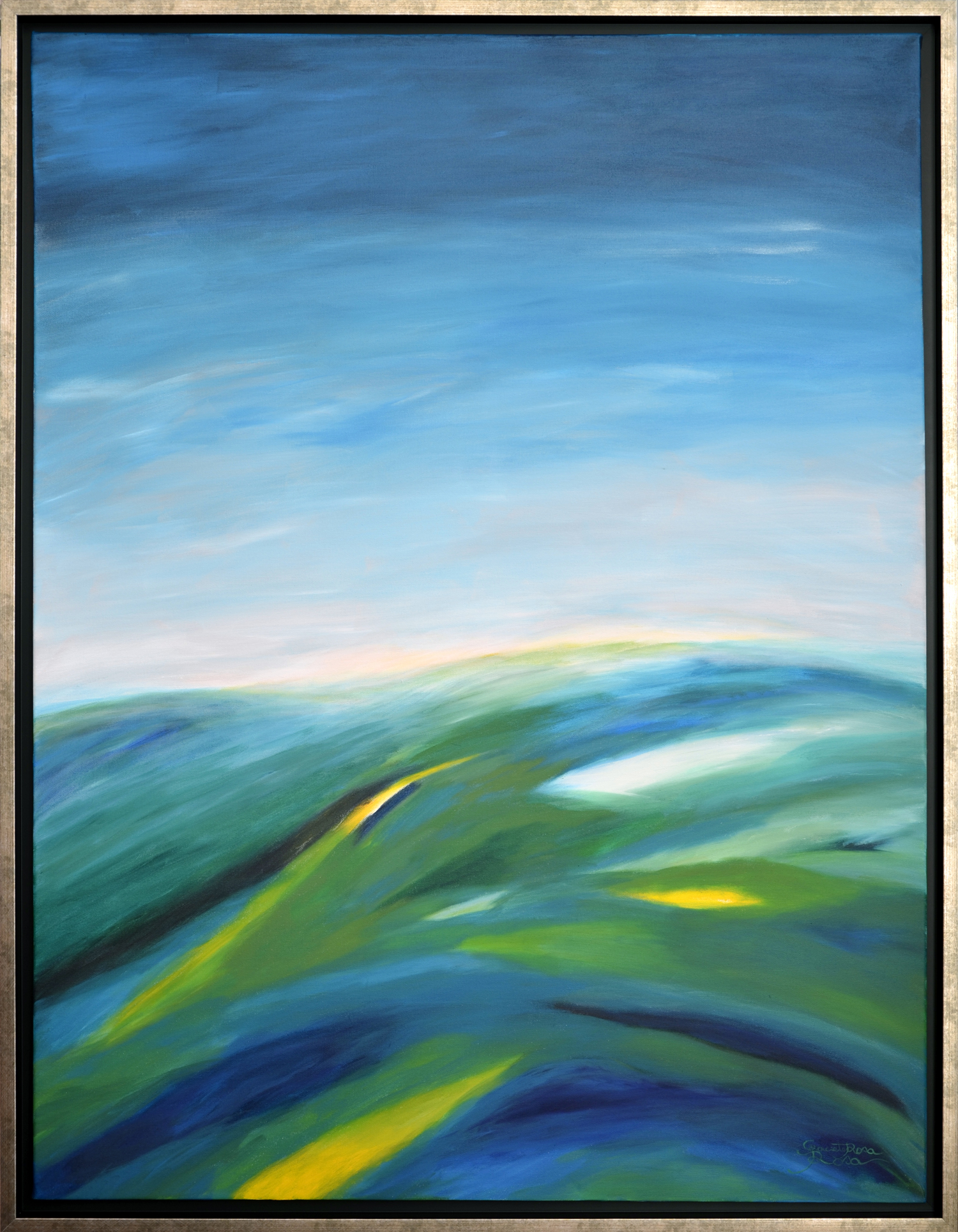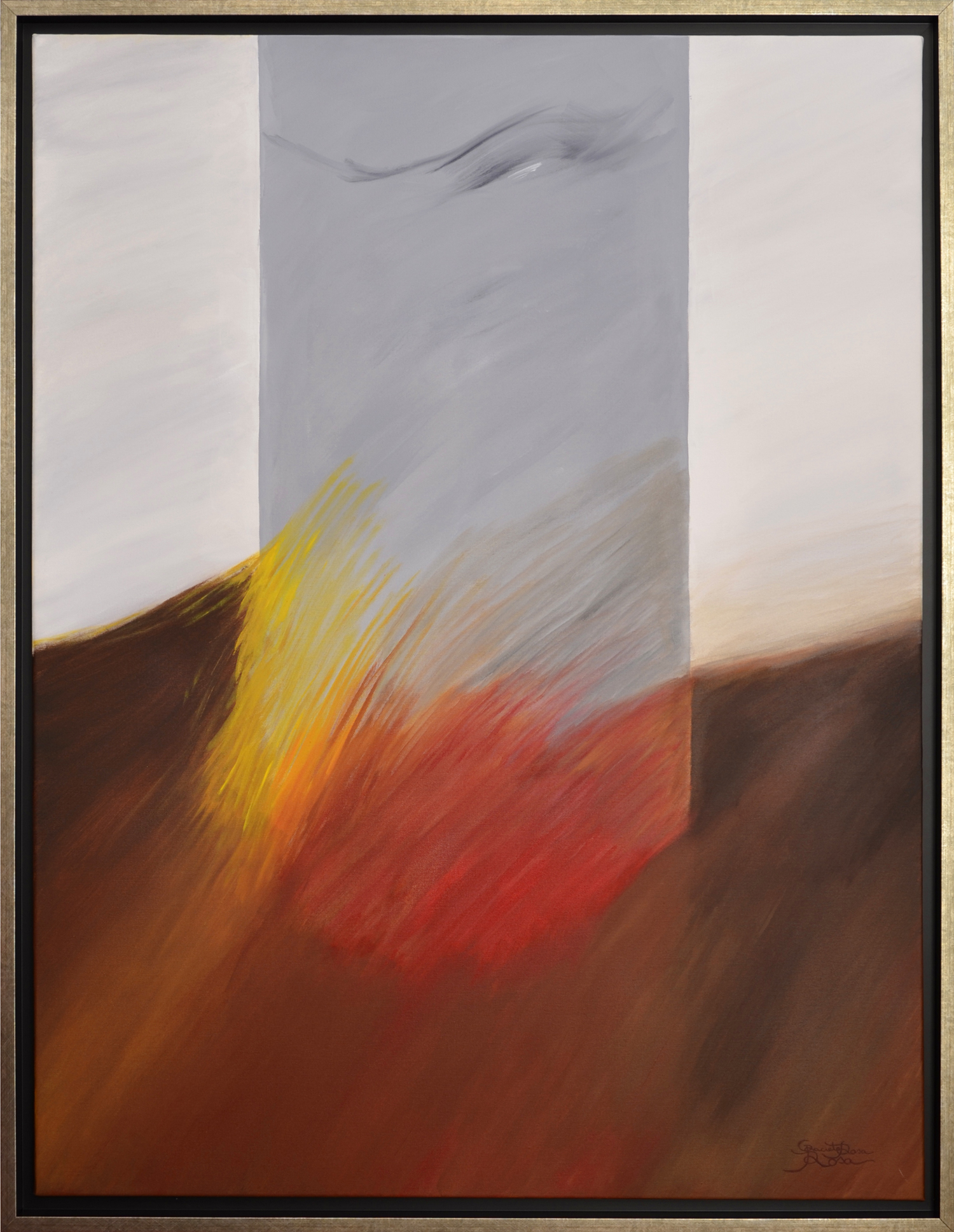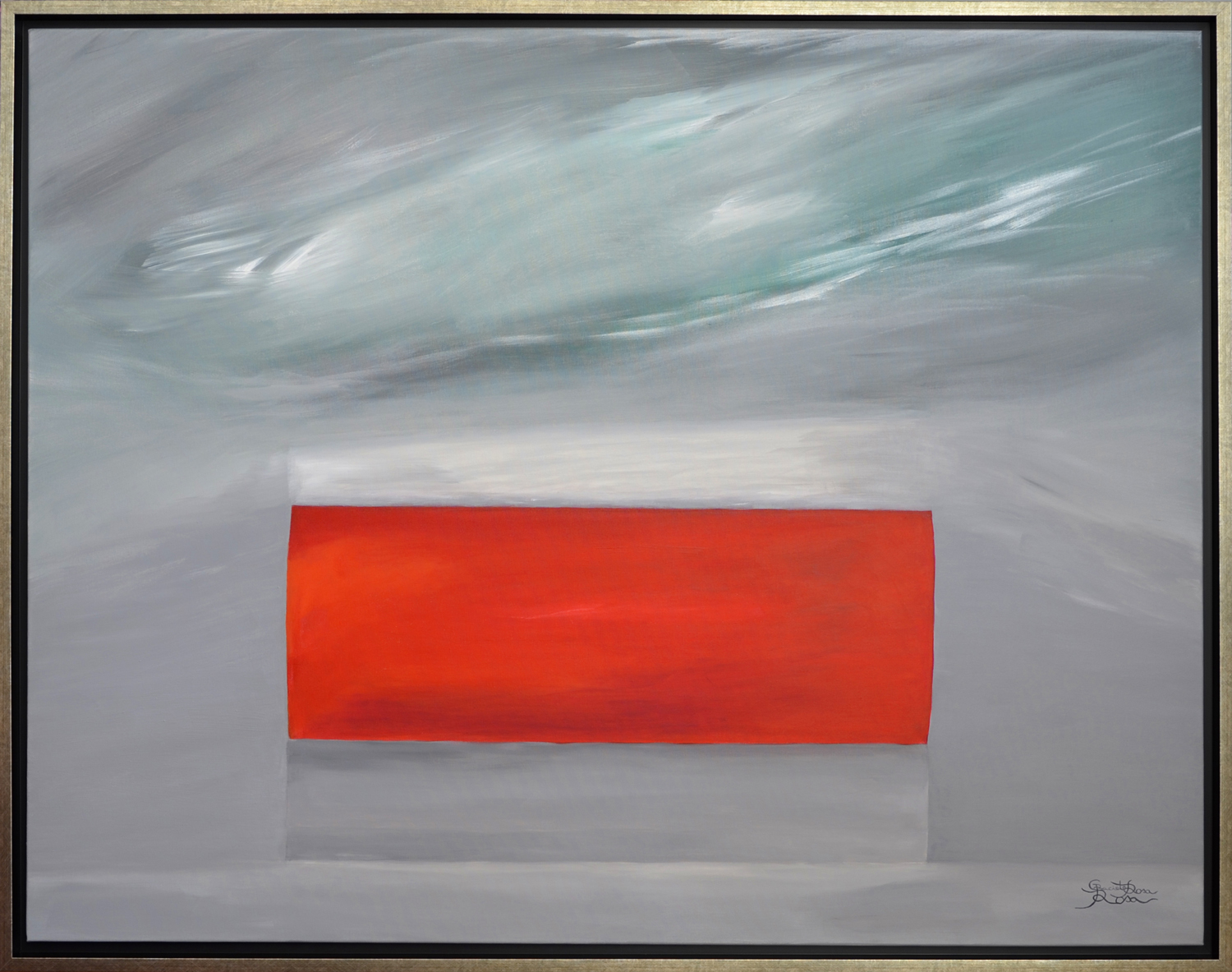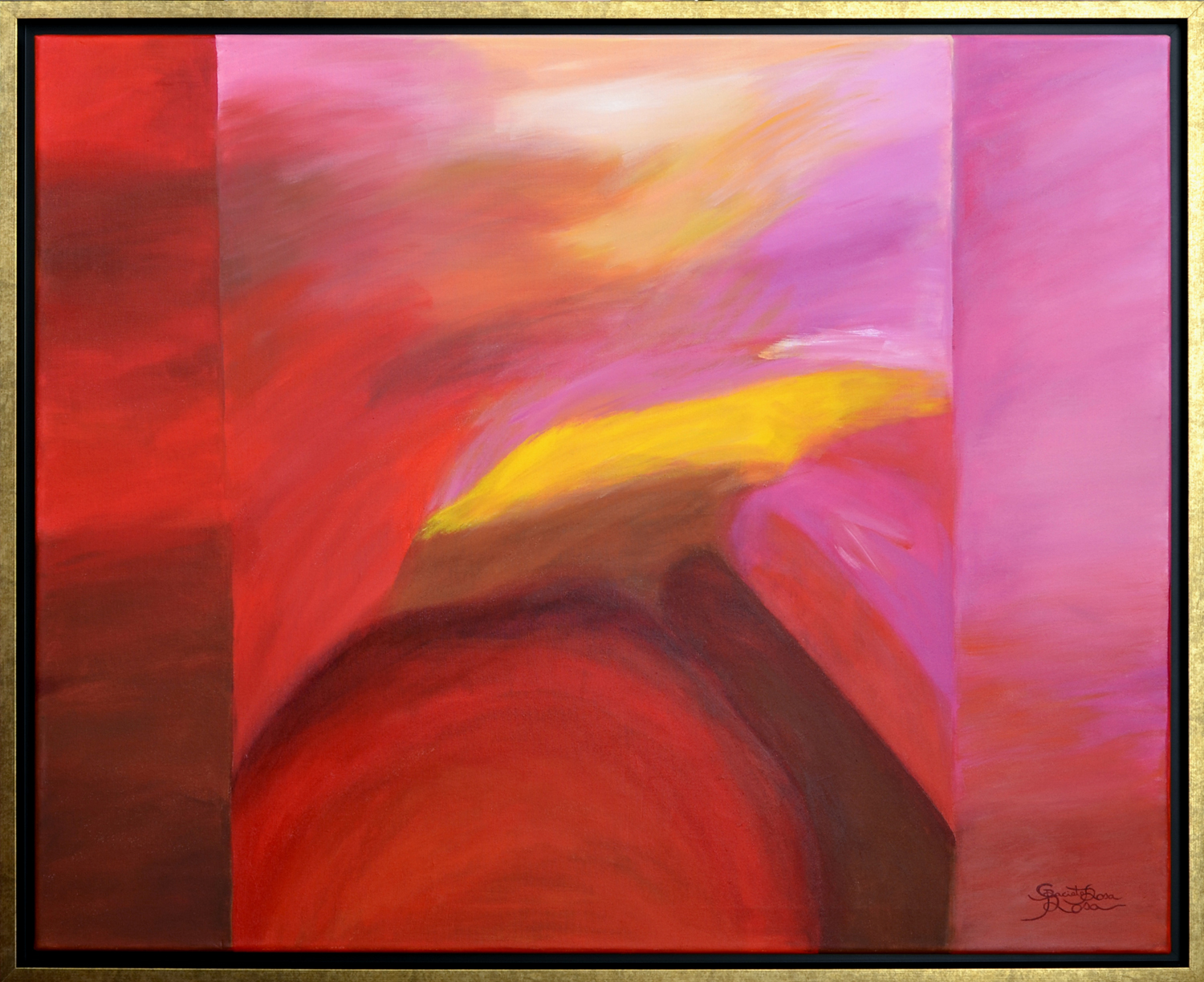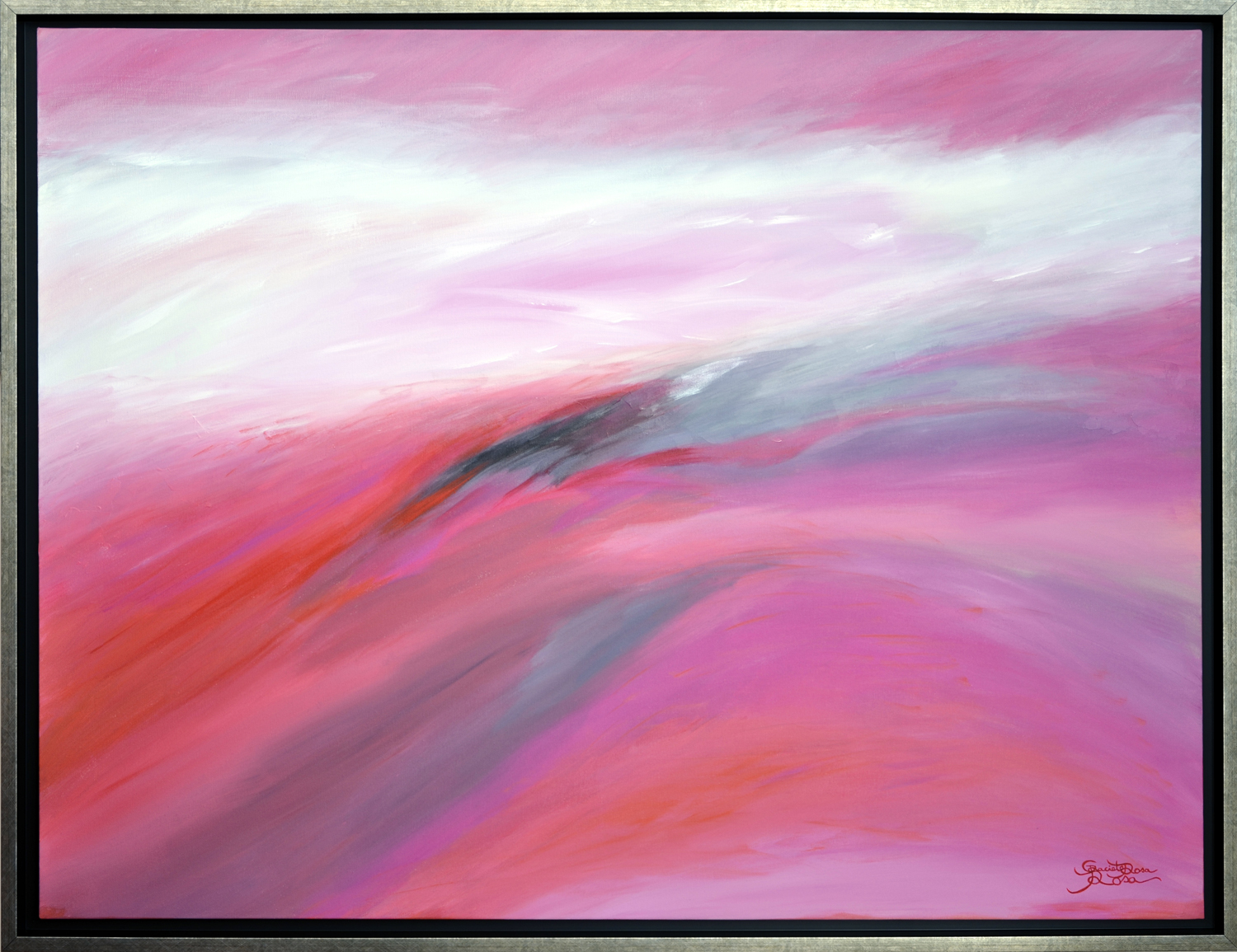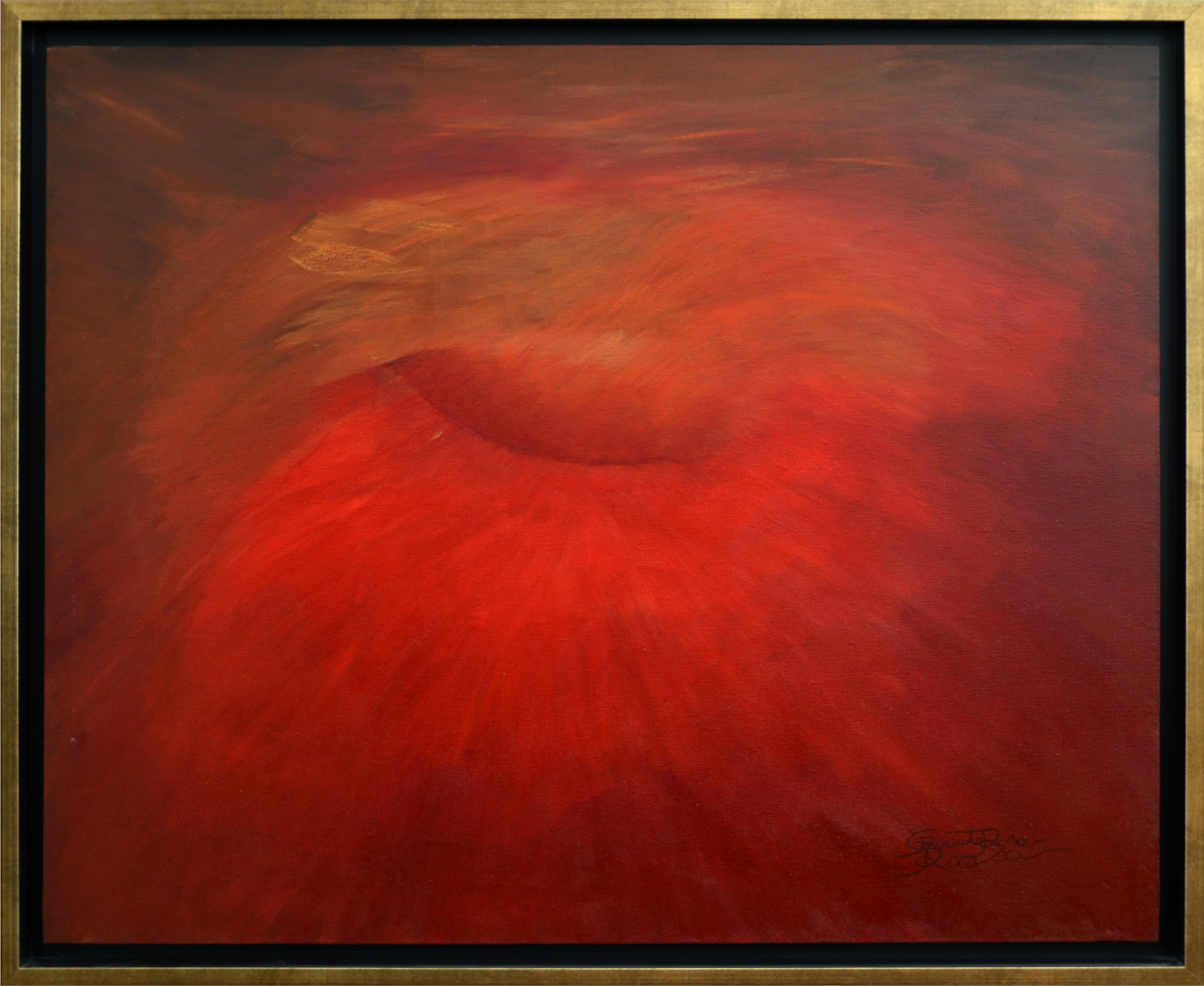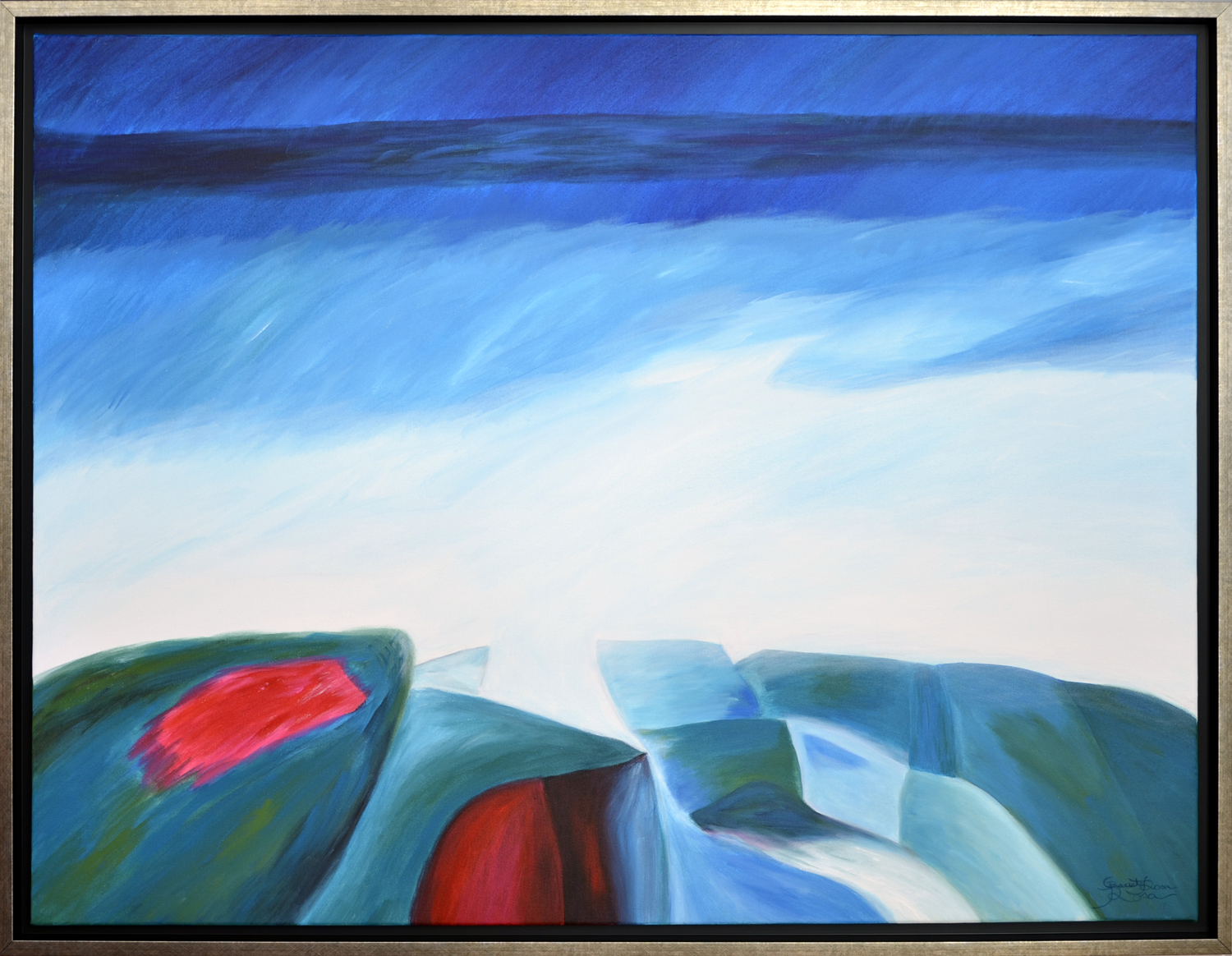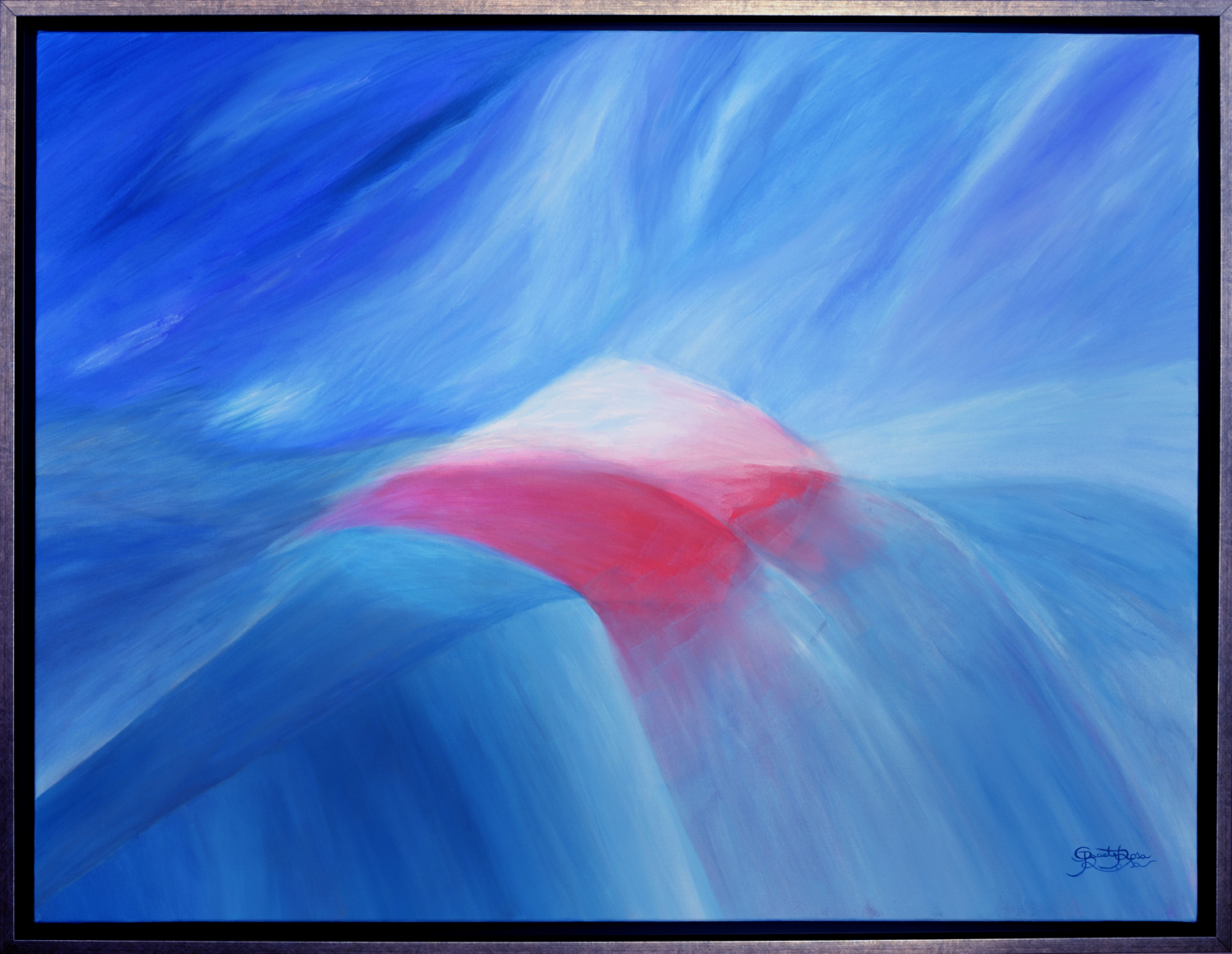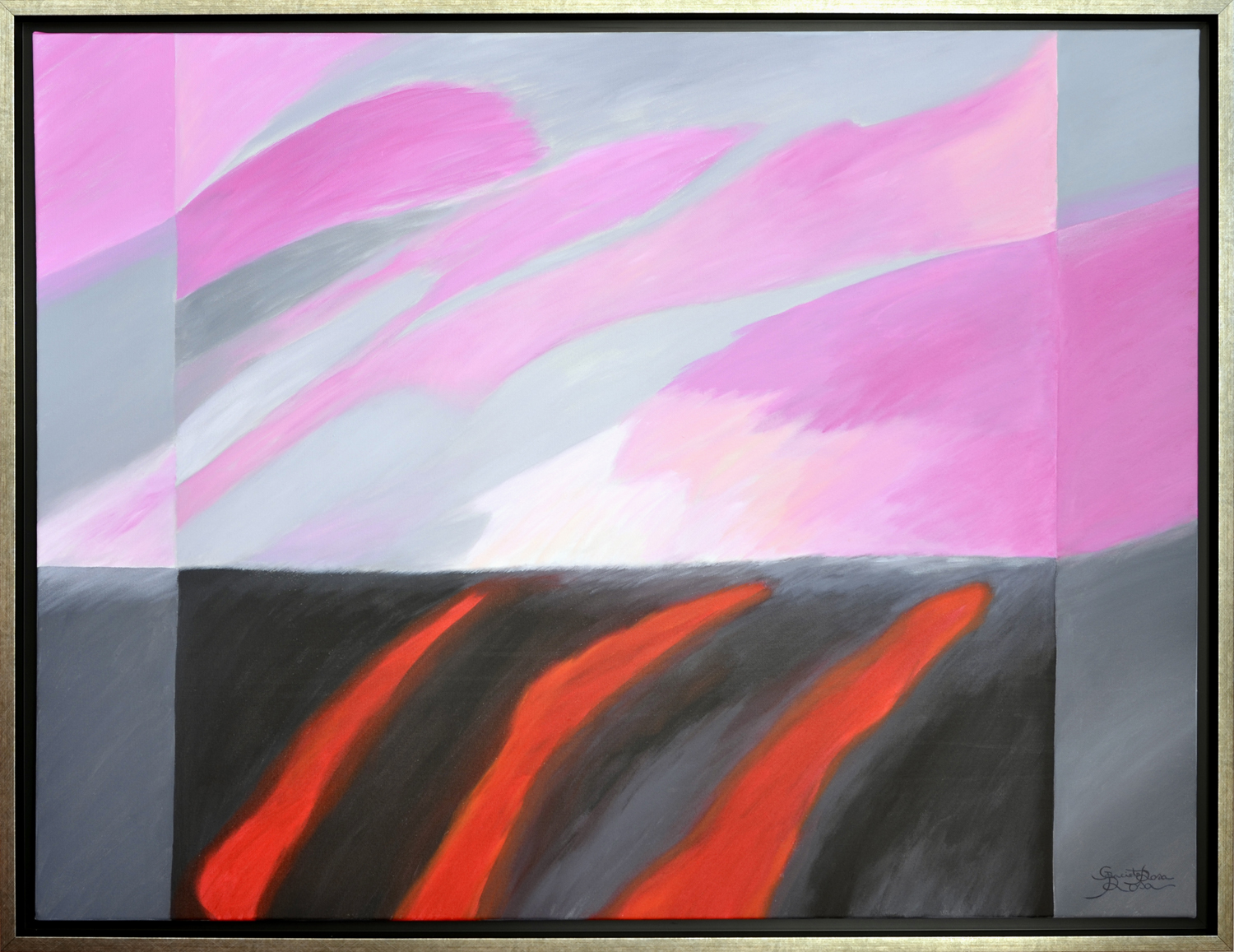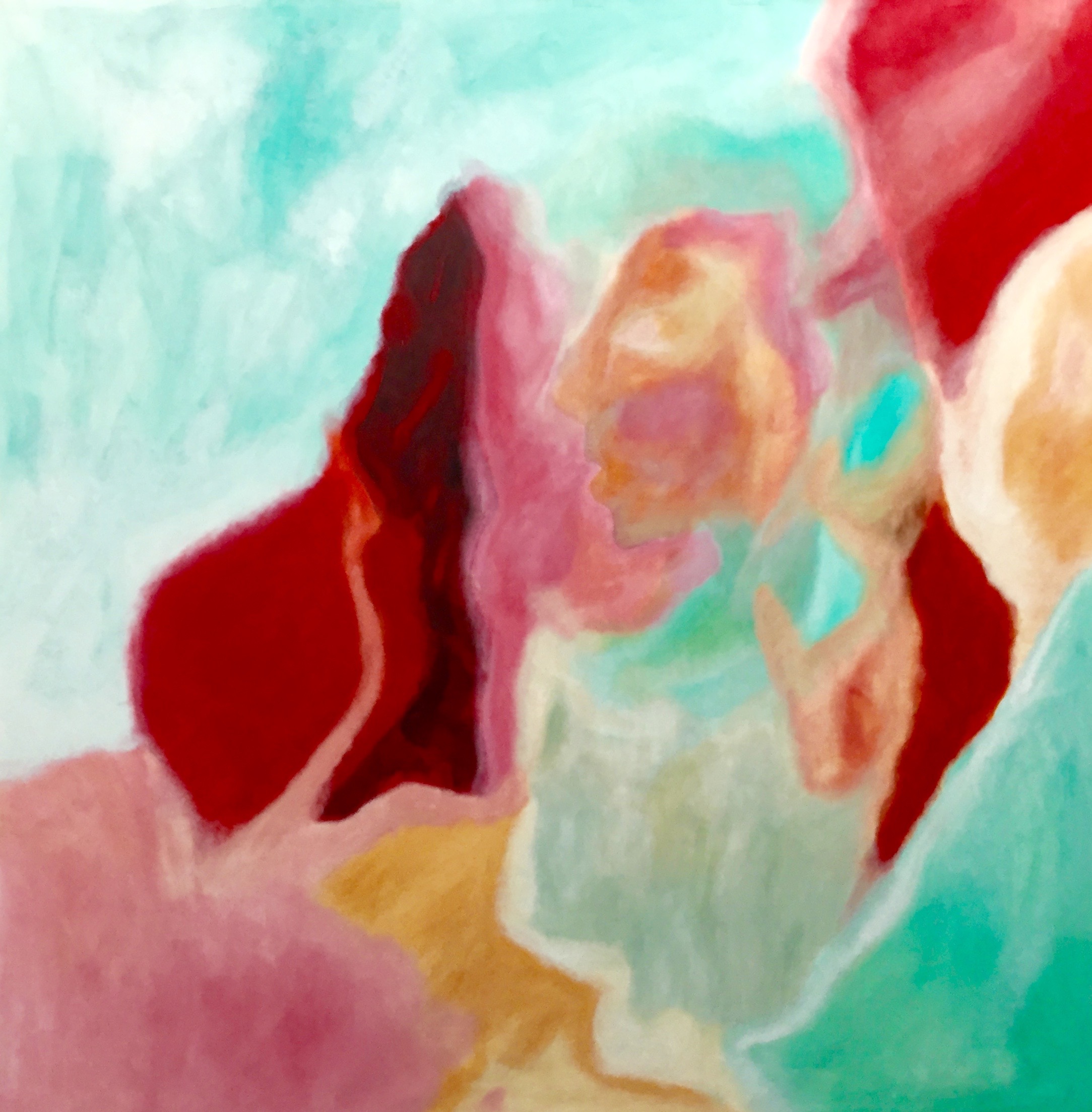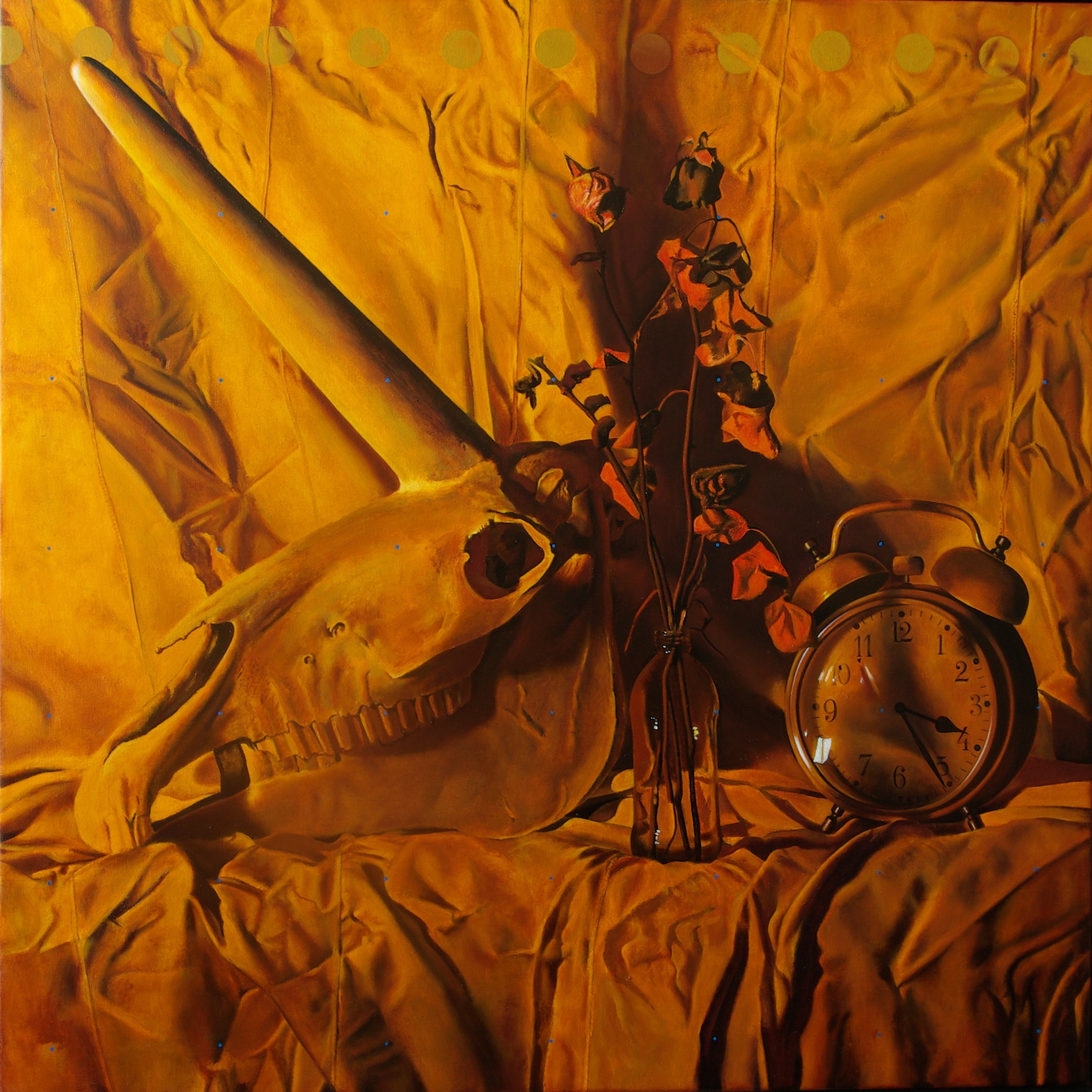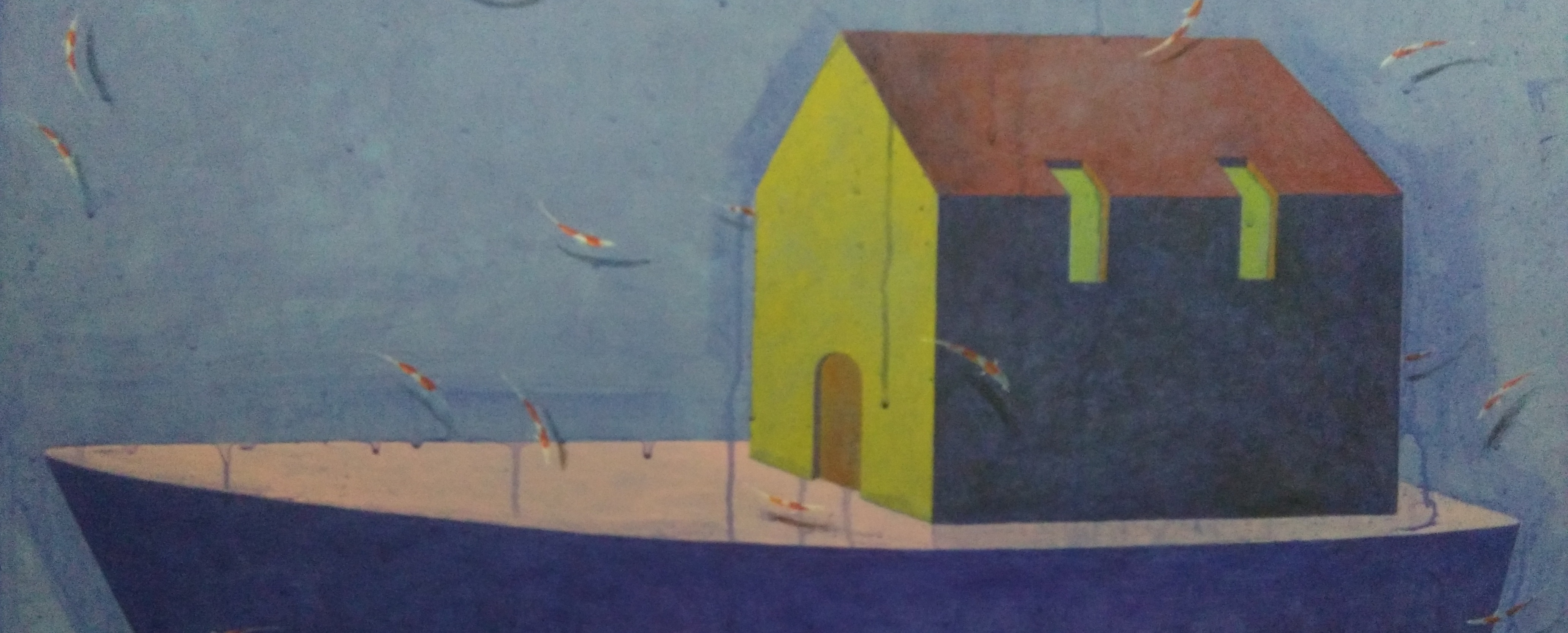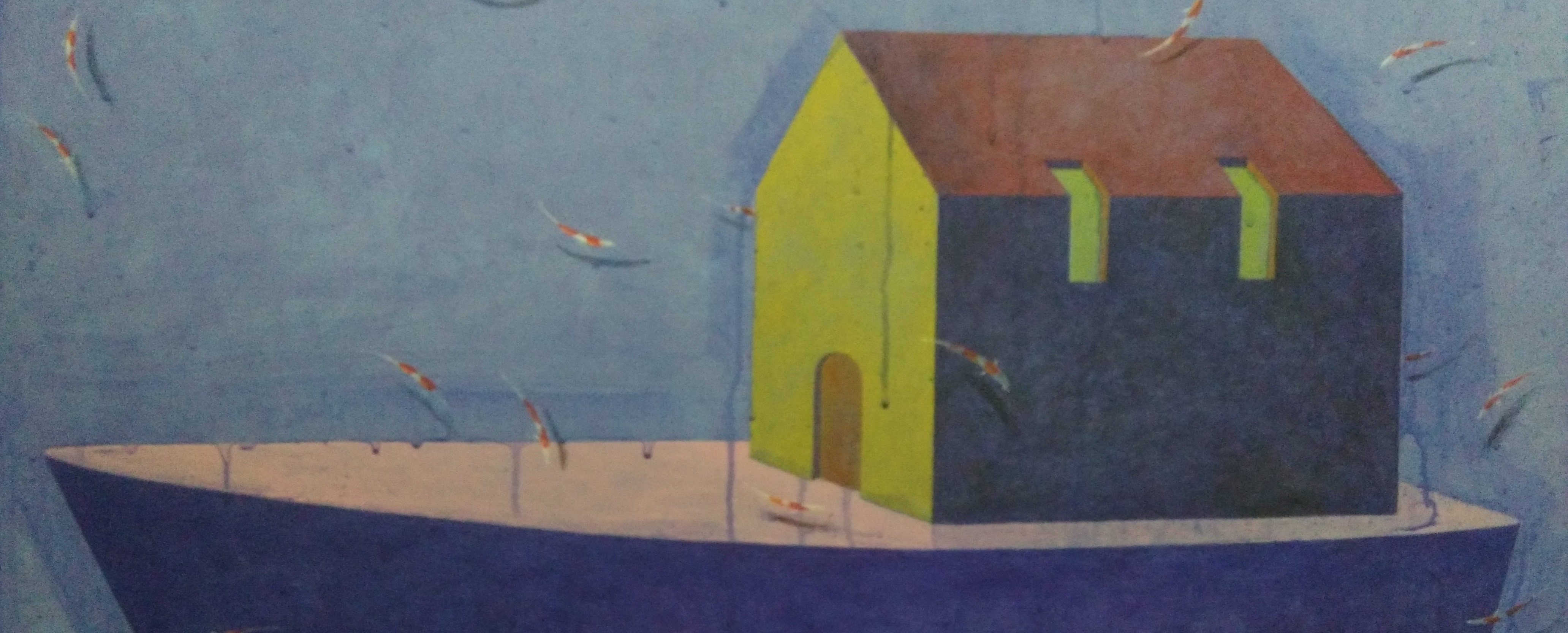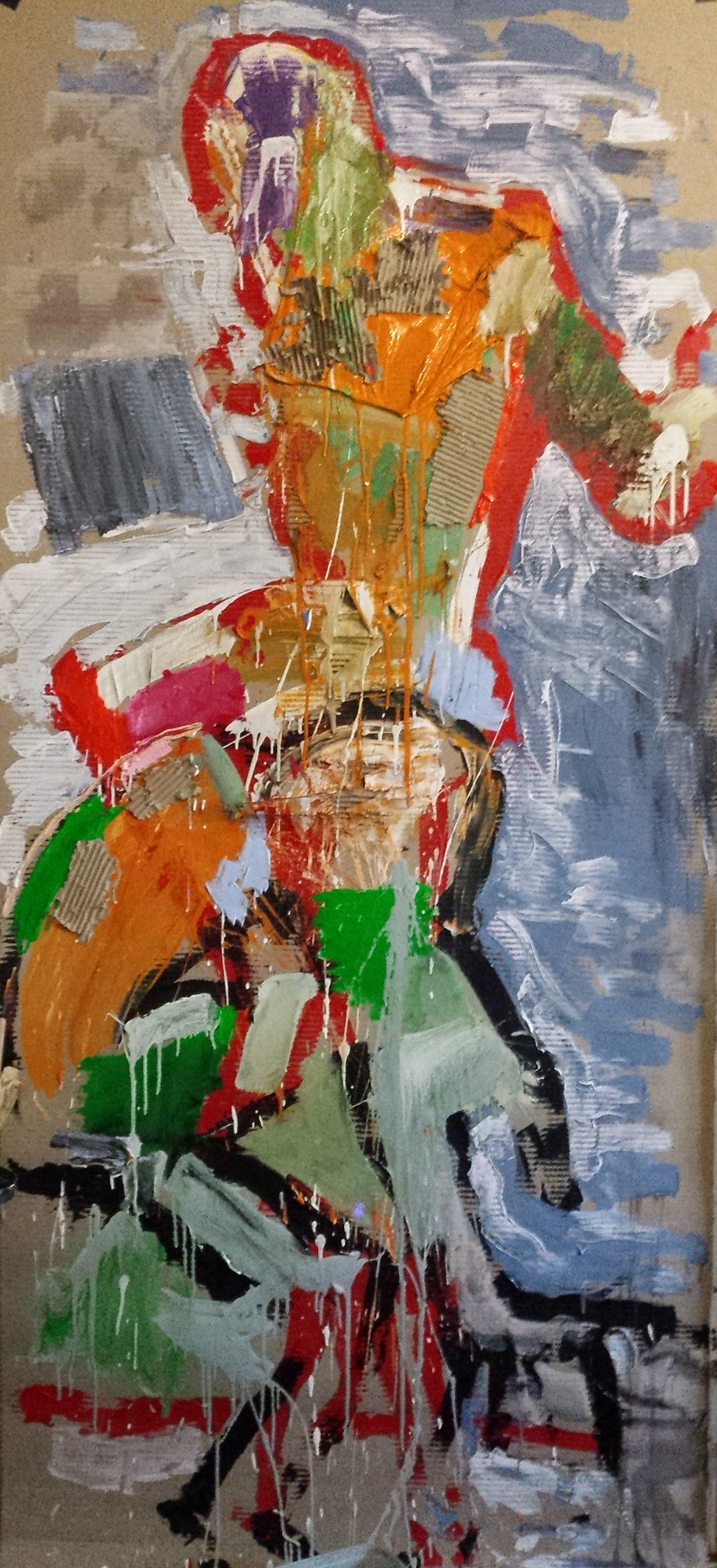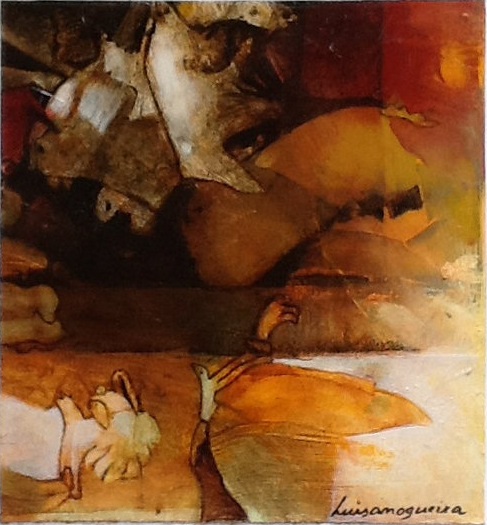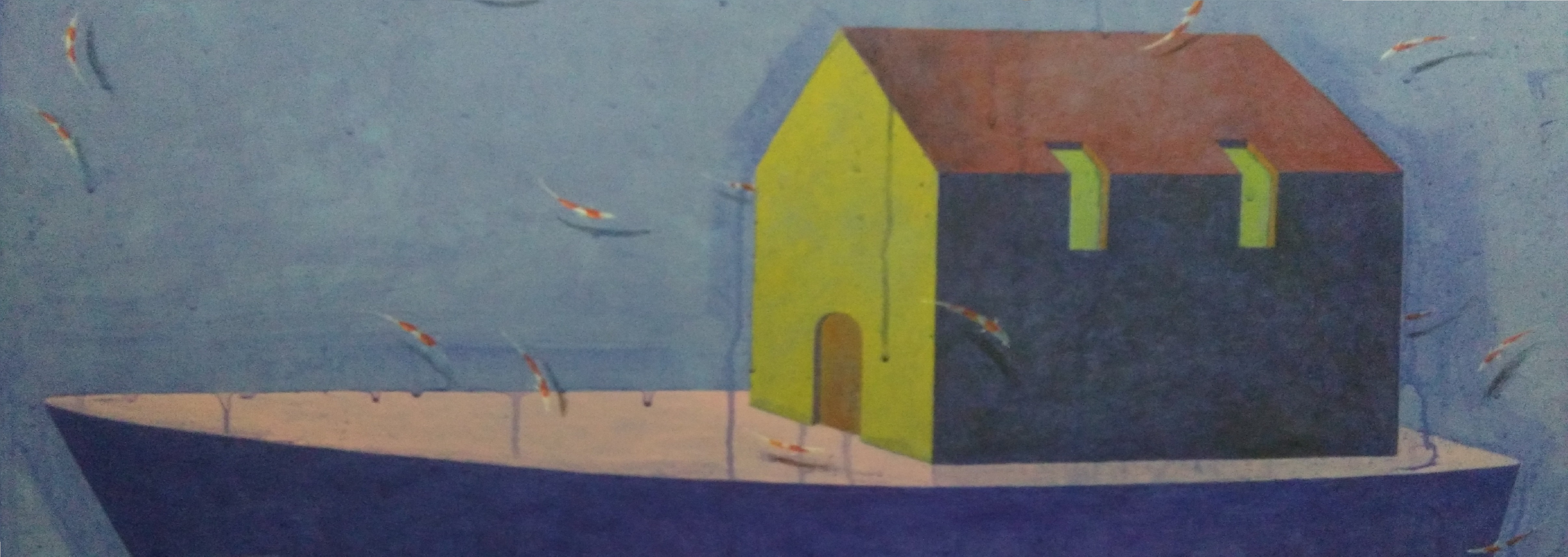No início dos anos 90, aparecia na cena artística de Lisboa um novo espaço cultural que abria portas no nº9/C, da Rua do Sol ao Rato. O MAC - Movimento Arte Contemporânea, ainda jovem instituição, sentiu a necessidade de proceder a uma reestruturação da orgânica cultural da cidade, respondendo com crescente eficácia e eficiência pedagógicas perante os públicos, em detrimento da componente comercial que à partida o caracterizava, para isso contando com o apoio de diversos parceiros, designadamente na salvaguarda e valorização de nomes e referências incontestáveis da cena artística portuguesa, no incentivo à criação e à divulgação culturais, na aposta pela educação e sensibilidade artísticas, promovendo a qualidade, permitindo sustentar uma alteração no acesso dos cidadãos à cultura e à formação do gosto. Contar o nosso percurso passa não só por contar a história daqueles que se envolveram no nosso projecto, mas também por tornar público o nosso reconhecimento a todos quantos desde o início perceberam e colaboraram connosco no intuito de desenvolver a Arte enquanto motor de desenvolvimento, factor de coesão cultural e social, instrumento de qualificação e incontornável alavanca de progresso. Com o decorrer do tempo e graças à actividade permanente do MAC, foi possível conquistar um bom lugar dentro das Artes Plásticas e reunir em torno dos artista, com quem nos honramos de trabalhar, um público interessado e interveniente. A dimensão internacional começou a adquirir peso crescente no MAC – que desde a sua fundação desenvolve projectos em parceria com congéneres de outros países lusófonos (Angola, Cabo Verde, Brasil, Guiné, etc.) acolhendo artista oriundos destes países nos seus espaços, actividades e programação. No iniciar do novo século, projectando-se para uma nova dinâmica de acolhimento à Arte e às suas diferentes expressões, o MAC viu com a abertura do seu novo espaço na Av. Álvares Cabral, 58-60, em Lisboa, a consolidação de uma tradição que continuamos a acarinhar e que esperamos manter no futuro com os mesmos padrões de qualidade: fortalecer uma plataforma de diálogo entre agentes e instituições culturais, contribuindo para que se possa registar uma constante evolução e concorrência saudáveis no panorama artístico português, respondendo melhor e com mais eficácia às expectativas de um público que se quer cada vez mais consciente e exigente. Com a conquista de mais público para a cultura, a criação e enraizamento de hábitos culturais tradicionais e contemporâneos e a sua articulação com práticas e referências de outros lugares, o MAC assume-se hoje como veículo para o reconhecimento de um direito fundamental que consagra a democratização da cultura e o direito ao acesso e fruição dos bens culturais.





